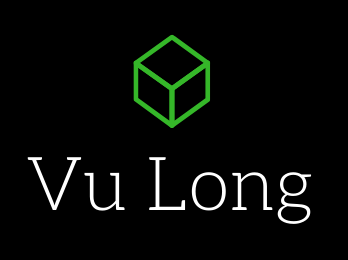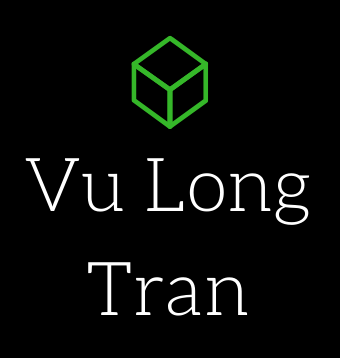Finding that first graduate job, by Vu Long Tran*
So you’ve just graduated or about to graduate from your educational institution, whether that is from TAFE or uni, but where does that leave you now?
For most of us, we may be uncertain or unsure of exactly where or what we want to do, since we might have spent the last three to six years studying, although some of us may have been fortunate enough to have worked within the workforce in some capacity already. For those that haven’t it leaves us thinking of what skills, knowledge and experience we possess and looking at ways to find and obtain that perfect job that makes use of those in the best way possible.
Indeed, it’s a difficult decision trying to find out what it is that we should or could be doing, however as I have found when I was graduating, having a focused and structured approach can work well.
First of all, ensuring that your CV is all set to go is one of the first steps I took. Utilising your careers and advice centre at your TAFE or uni is the best place to start. It’s not only free (or at least should be) but they help you in other areas such as interviewing, writing cover letters etc. Everything you need to know to get that first job. I visited my careers centre at least half a dozen times to perfect my CV, and learnt from them how to create my own personalised CV – as everyone is different and has their own style for their CV as it represents you. It will provide all the information a prospective employer needs.
Secondly, you would need to identify your own needs and personal preferences and ‘
know
what you want and what is important to you’as to where and what area you think you would like to work, these include:
- Which company you would like to try work for (i.e. their business, values, mission, objectives)
- Which industry the company will be in (e.g. private/public, education, mining, banking, etc)
- Where you would like to work (e.g. in your current State or somewhere else in Australia, even overseas if that’s what you’re looking for)
- What sort of roles, responsibilities and department would you like to work in?
- What sort of training and professional development opportunities we want? (This includes graduate training programs, mentoring, buddies, etc.)
- Do I live travelling? If so, how much travelling would I like?
You need to be realistic with what you do note as being important to you, and once you have listed everything you can think of, what I found it useful to rank these in order of preferences.
I personally ranked the roles and responsibility, training and type of company as something very important to me, in doing so, I didn’t mind moving interstate to work provided I was working in a role I’d enjoy and had the support and training to support me. Knowing that I was working for a organisation that benefited the community in some way was important to me also. For you, these preferences may differ.
Thirdly, once you’ve determined what it is you want, look to visit company websites, check out graduate and career resources such as the following:
http://www.unigrad.com.au/,
http://www.graduateopportunities.com/,
http://www.graduatecareers.com.au/and
http://www.careerone.com.au to help you identify information about various companies, industries, roles on offer, application deadlines, qualifications required, etc. Make a list of the companies you want to apply for keeping an eye out for deadlines.
Fourthly, apply, apply, apply, and make sure you tailor your CV and cover letters to each company you apply for. Be sure to keep a record of your job applications as you’ll be applying for many companies so you’ll need refer to that for when you progress to the next stage – the interview!
Different companies process applications in different ways and timeframes so you may need to wait or follow them up from time to time. Inevitability there will, as in my case, rejections from companies, but please don’t take it to heart. At times there may be only one or two positions available and someone else might be just that little bit more suited than you are. Seek to contact the company to try learn how you can improve or might do better next time, as more often than not they’ll offer you advice and tips that you’ll be able to use to help you score that next potential job.
The key is to be persistent and open-minded. I applied for over 20-30 jobs over a 6-7 month period before I finally got my first offer. But I’d say it was well worth the effort. The entire process gets you thinking about what it is about you that makes you ‘you’ (i.e. more self aware), and knowing more about your strengths and weaknesses which ultimately helps you to promote and sell yourself.
Good luck!
*I posted this a while ago on a Youth into Action website but that seems to be missing now, so I wanted to make sure that these tips don't go to waste. So here's a repost. This is tailored to Australians graduating but the information in terms of the approach should be applicable all around the world.



